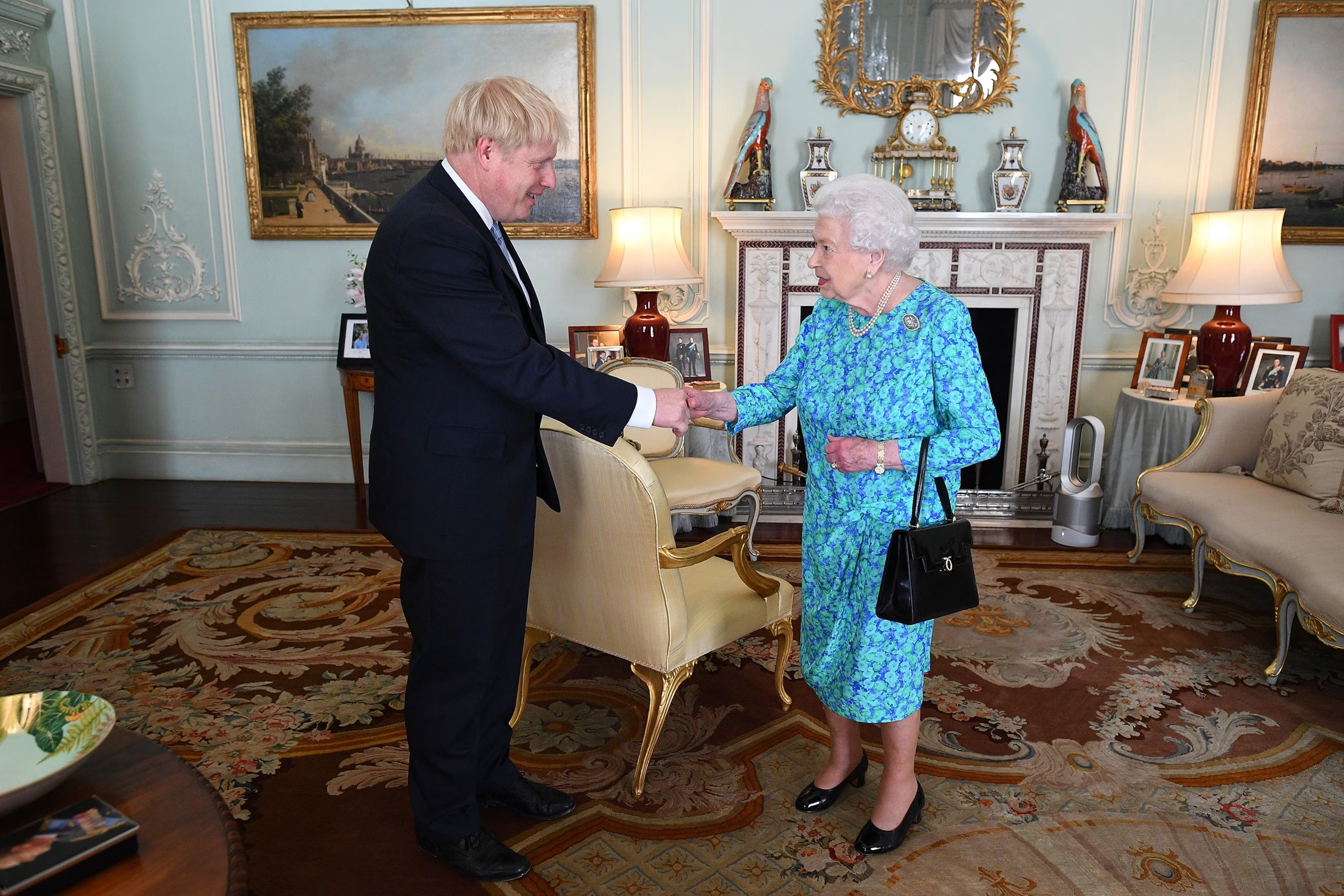In his upcoming memoir, former British Prime Minister Boris Johnson has sparked controversy by breaking royal protocol, revealing that Queen Elizabeth II was suffering from bone cancer before her passing.
The book, set to be released on October 10, has been serialized, where Johnson also writes. In it, he recounts the Queen’s final days at Balmoral, Scotland.
Johnson stepped down as prime minister just two days before Queen Elizabeth II’s death in September 2022. Since then, speculation has surrounded the exact cause of her death, officially listed as “old age” on her death certificate.
However, in his memoir, Johnson claims that he had known for over a year that the Queen had a form of bone cancer, and that her doctors were concerned about the possibility of a sudden decline in her health.
This disclosure marks the first time a former senior government official has suggested what the Queen’s actual cause of death might have been.
Johnson joins other former British prime ministers, such as Tony Blair, Gordon Brown, and David Cameron, in sharing personal reflections on their time in office and interactions with the Queen.
However, Johnson’s memoir delves into more vivid and detailed accounts than his predecessors.
The palace has a long-standing policy of maintaining privacy around the health and medical conditions of royal family members.
In his memoir, Johnson recalls his final visit to Balmoral, where he met with the Queen for the customary outgoing audience and resignation.
He noted that upon his arrival, he was met by the Queen’s private secretary, Edward Young, who informed him that her condition had worsened over the summer.

Reflecting on his last meeting with the Queen in her drawing room, Johnson recounted that her physical appearance had changed: “She seemed pale and more stooped, with dark bruising on her hands and wrists, probably from drips or injections.”
Despite her frailty, he noted that her mind remained sharp, and during their conversation, she occasionally flashed her characteristic radiant smile.
Johnson described his regular weekly audiences with the Queen as “a privilege” and a source of comfort. He praised her dedication to service, patience, and leadership, saying that she embodied the qualities that made Britain great.
“She radiated such an ethic of service, patience, and leadership that you really felt you would, if necessary, die for her,” Johnson wrote.
“That loyalty, primitive as it may appear, is still at the heart of our system. You need someone kind and wise, and above politics, to personify what is good about our country. She did that job brilliantly.”
The Queen was known for keeping her medical matters private, a tradition upheld by royal aides who maintain that members of the royal family deserve the same medical privacy as any other individual.
However, there has been a shift in recent times with King Charles III and Catherine, Princess of Wales, adopting a more open approach regarding their health.
Both have disclosed their personal battles with cancer, although they have chosen not to reveal the specific types of cancer they faced. Their decision to share their experiences was motivated by a desire to raise awareness about the disease.
While the Queen never publicly shared details about her health, Johnson’s revelations have added a new layer to the public’s understanding of her final months. Whether or not Buckingham Palace will address the claims remains to be seen.


